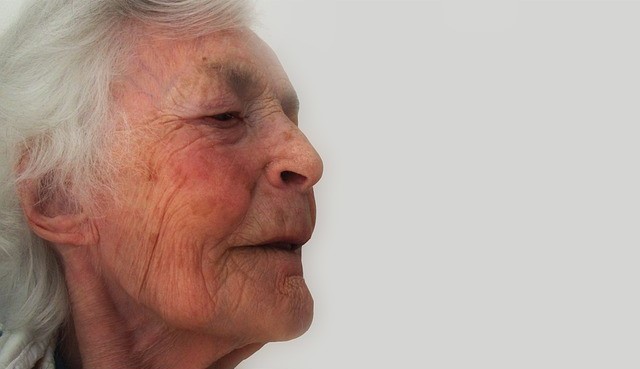
This month, I am pleased to have an article by Lydia Chan on some tips for caring for a loved one with Alzheimer’s.

What Is Alzheimer’s Disease?
Over 5 million people in the United States live with Alzheimer’s disease, a degenerative brain disorder characterized by cognitive decline and memory loss. The average Alzheimer’s patient is age 65 or older, although younger-onset Alzheimer’s is possible. The exact cause of Alzheimer’s is unknown, though doctors have found a risk gene associated with the disease.
FACTS & STATISTICS
- Alzheimer’s disease is the sixth-leading cause of death in the United States.
- Women are at a higher risk for Alzheimer’s than men.
- Heart disease, high blood pressure, high cholesterol, diabetes, poor diet, and a non-active lifestyle all increase a person’s risk for Alzheimer’s disease.
- Keeping your brain active can lower your risk.
- In 2016, Alzheimer’s treatment cost the United States $236 billion. Estimates state it will cost $1 trillion by 2050.
- 15 million people in the United States are unpaid caregivers for loved ones with Alzheimer’s or dementia. These caregivers provided an estimated 18.2 billion hours of care valued at $230 billion in 2016.
Caregiving and Alzheimer’s
Unpaid caregivers for Alzheimer’s patients make a world of difference. Their care allows patients to remain in familiar surroundings, which may help them live longer. Caregiving is no easy task. It takes a great deal of compassion as well as mental fortitude. To make the process easier and mitigate risks, it’s imperative to take necessary safety precautions around the house.
PREPARING BED & BATH
First and foremost, Alzheimer’s patients need to have their own private bedroom. This is their area they can escape to for peace and quiet. Fill their room with pictures and mementos of people and places they love. Make sure it is safe without furniture with sharp corners or glass items that can hurt them. You may find it helpful to cover sharp corners with protective foam. It’s also important that their bedroom is on the first floor. As Alzheimer’s progresses, navigating stairs becomes increasingly difficult.
If it is possible, Alzheimer’s patients need to have a bathroom connected to their bedroom. Of course, you can’t change the entire setup of your house, so if this is not possible, the next best thing is picking a room that is close to a bathroom. Considering the bathroom is one of the most accident-prone areas of the house, you will also need to provide certain safety measures in there. Clearly label toiletries and faucets. Install grab bars in the tub and by the toilet and consider putting in a bench to make bathing easier.
SERVICE DOG FOR ALZHEIMER’S
To help foster an Alzheimer’s patient’s independence, consider adopting a service dog. These canine caregivers can help guard an Alzheimer’s patient’s safety when you cannot. These specially trained canines accompany patients wherever they go and prevent them from leaving the house unaccompanied. They can even lead the patient home when given the command. These dogs help with daily tasks and can even fetch the patient’s prescriptions when it is time to take them. Best of all, they provide emotional support and ward off depression and anxiety in Alzheimer’s patients.
OTHER SAFETY TIPS
Some other tips for home safety include:
- If your home has stairs, install safety ramps with non-slip surfaces and handrails to safely guide the Alzheimer’s patient up and down.
- Make sure your home is properly lit. Consider installing automatic lights in the patient’s bathroom, bedroom, and hallways.
- The kitchen is another dangerous area of the house. Put safety latches on cabinets and drawers, especially ones containing knives, glass, or other potentially hazardous objects.
***
Over time, Alzheimer’s makes it difficult for people to live independently, so caregivers must step in to help. If you are planning on becoming a caregiver for a loved one with Alzheimer’s, it’s important to prepare your home with certain safety measures. Set up a private bedroom and bathroom free of safety hazards. Other things such as grab bars in the bathroom and ramps over steps help foster independence in the early and middle stages of the disease. Finally, consider adopting a service dog that can assist in watching the Alzheimer’s patient while also providing important emotional support.
By Lydia Chan of Alzheimerscaregiver.net
Thank you, Lydia, for the tips!
I will be including some ideas for nutritional and naturopathic help for Alzheimer’s suffers and caregivers as well as some tips on how to help yourself and your loved ones avoid it in my Spring 2018 newsletter. Be sure to subscribe to get this information!
